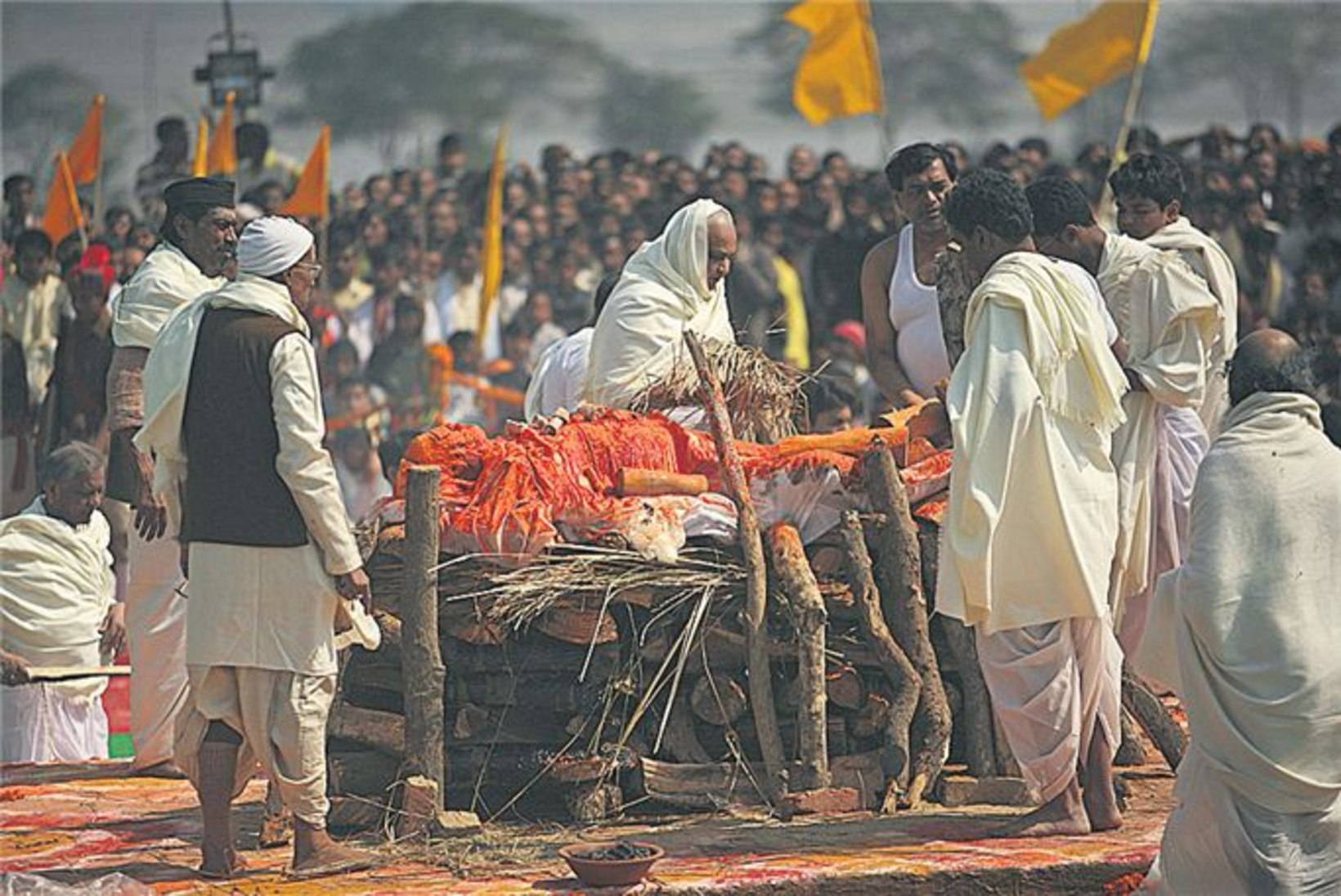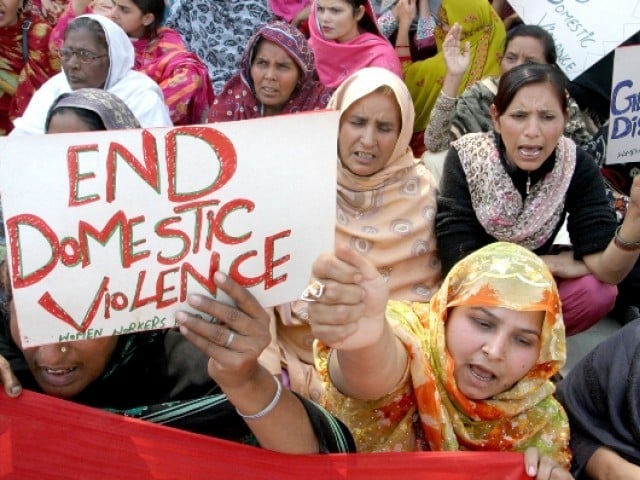
Equality As Per the Constitution and Law in India
In India, equality is a fundamental value enshrined in the Constitution. It is guaranteed under various provisions to ensure that every citizen has equal rights and opportunities, and that discrimination based on certain criteria is prohibited. Below is a detailed breakdown of the concept of equality as per the Indian Constitution and law:
1. Equality Before Law (Article 14)
- Article 14 of the Indian Constitution guarantees that all individuals are equal before the law and entitled to equal protection of the laws within the territory of India.
- This principle means that no one, whether a common citizen or a public authority, is above the law. The law applies equally to all, and the State cannot arbitrarily discriminate between individuals or groups.
- Reasonable Classification: Article 14 permits reasonable classification, i.e., laws can make classifications or distinctions among individuals based on intelligible differentia (differences that are rational) and a reasonable basis. However, such classifications should not be arbitrary or discriminatory.
2. Prohibition of Discrimination (Article 15)
- Article 15 prohibits discrimination on the grounds of religion, race, caste, sex, or place of birth. The state cannot discriminate against any individual based on these criteria.
- Exceptions: Article 15 allows for positive discrimination, especially for the benefit of historically disadvantaged groups (such as scheduled castes, scheduled tribes, and other backward classes), in areas like education, employment, etc. This is often referred to as affirmative action.
- Special Provisions for Women and Children: Under Article 15(3), the state is allowed to make special provisions for women and children.
3. Equality of Opportunity in Public Employment (Article 16)
- Article 16 guarantees equality of opportunity for all citizens in matters relating to employment or appointment to any office under the State.
- This article prohibits discrimination on the grounds of religion, race, caste, sex, descent, place of birth, residence, or any of these.
- Reservation in Public Employment: The state may provide reservations (affirmative action) for backward classes, Scheduled Castes (SC), Scheduled Tribes (ST), and Other Backward Classes (OBCs) in public employment. This ensures representation and fairness in public sector jobs.
- Article 16(4) and 16(4A) provide that the state can make special provisions or reservations for backward classes in public employment.
4. Abolition of Untouchability (Article 17)
- Article 17 explicitly abolishes untouchability and forbids its practice in any form. It declares that untouchability is a punishable offense, and the state is required to take steps to eradicate such practices from society.
- This provision was intended to address the social discrimination faced by people belonging to the Dalit community.
5. Abolition of Titles (Article 18)
- Article 18 abolishes the system of titles in India. It prohibits the state from granting titles to any citizen, except for military or academic distinctions.
- This provision aims to ensure equality by preventing the creation of a hierarchy based on titles.
6. Right to Equality in Practice
- The Constitution envisions equality in both legal and social spheres, emphasizing the removal of caste-based discrimination and the elimination of social inequalities.
- Affirmative Action: The provisions for reservations (in education, employment, and legislatures) are a key aspect of India's commitment to achieving substantive equality. These measures help disadvantaged groups have access to opportunities that were historically denied to them.
- Economic and Social Justice: The Directive Principles of State Policy (found in Part IV of the Constitution) also emphasize the promotion of welfare and social justice, including the reduction of inequalities of income, status, and opportunities. This promotes equality in a broader, substantive sense, beyond just legal equality.
7. Judicial Interpretation and Case Law
- The Indian Judiciary has played a significant role in interpreting equality and its application in India. Key decisions have elaborated on the scope of equality, such as:
- Maneka Gandhi v. Union of India (1978): The Supreme Court expanded the scope of Article 14 and emphasized that equality is not just about equal treatment but also about substantive equality. The court held that any law that violates the principle of equality should be scrutinized for reasonableness.
- State of West Bengal v. Anwar Ali Sarkar (1952): This case affirmed that any law which arbitrarily discriminates will be struck down as unconstitutional.
- Indira Sawhney v. Union of India (1992): This landmark judgment upheld the constitutional validity of reservations for OBCs and set out criteria for determining backwardness.
- Navtej Singh Johar v. Union of India (2018): In this case, the Supreme Court struck down Section 377 of the Indian Penal Code, decriminalizing homosexuality and reinforcing the notion of equality for the LGBTQ+ community.
8. Challenges and Issues in Achieving Equality
- While the Constitution provides for equality, there are still social, economic, and political barriers that hinder its full realization in practice.
- Caste-based Discrimination: Although untouchability is abolished, caste-based discrimination persists, especially in rural areas.
- Gender Inequality: Women, especially in rural areas, face discrimination in terms of education, employment, and inheritance. There have been legal reforms to promote gender equality, but the cultural and societal mindset has been slow to change.
- Economic Inequality: Despite affirmative action, significant disparities in wealth and income exist in India. The gap between rich and poor has been widening, leading to concerns about economic equality.
9. International Standards on Equality
- India’s Constitution adheres to various international principles related to equality, such as the Universal Declaration of Human Rights (1948) and the International Covenant on Civil and Political Rights (ICCPR), which India has ratified.
- These international treaties provide norms and standards regarding equality, non-discrimination, and protection of human rights.
Where Law Meets Precision
Legal Heir Certificate
A legal heir certificate is an official document issued by the government that identifies the rig...
Read More...Income Certificate
An income certificate is an official document issued by the government that certifies an individu...
Read More...Domicile Certificate
It is essential for accessing various state-specific benefits, including education, employment, a...
Read More...Death Certificate
A death certificate is an official document issued by the government that certifies the date, pla...
Read More...Birth Certificate
A birth certificate is an official document that records the birth of a child and serves as the f...
Read More...Domestic Violence
Domestic violence is a pervasive issue that affects individuals across all sections of society. I...
Read More...







